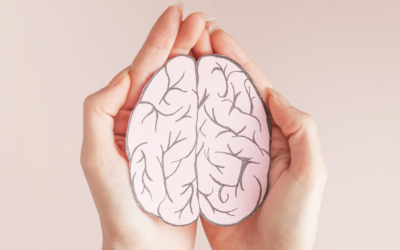Exploring the Profound Link Between Love and Attachment Theory

Love, that enigmatic force that drives us to connect with others on a deep emotional level, has long been a subject of fascination and study across various disciplines. From literature to psychology, the concept of love has been dissected, analyzed, and romanticized. One lens through which we can gain insight into the nature of love is attachment theory, a psychological framework developed by John Bowlby and further elaborated on by Mary Ainsworth.
At its core, attachment theory explores the bonds formed between individuals, particularly between infants and their caregivers. It states that early experiences with caregivers shape our patterns of attachment, influencing how we relate to others throughout our lives. These attachment patterns—secure, anxious, avoidant, or disorganized—tend to persist into adulthood, impacting our romantic relationships and emotional connections.
So, how does attachment theory intersect with the complex terrain of love?
Secure attachment, characterized by trust, intimacy, and a comfortable reliance on others, lays a sturdy foundation for healthy romantic love. Individuals with secure attachment styles tend to feel secure in their relationships, express their needs openly, and offer support to their partners without fear of rejection. Their relationships are often marked by mutual respect, empathy, and effective communication, fostering a deep and lasting love.
Conversely, insecure attachment styles—such as anxious or avoidant attachment—can hinder the development and sustainability of love. Those with anxious attachment may crave closeness and reassurance from their partners, fearing abandonment or rejection. This heightened need for validation can sometimes lead to clinginess or jealousy, disrupting the harmony of the relationship. On the other hand, individuals with avoidant attachment may struggle to fully engage emotionally, maintaining emotional distance and independence as a defense mechanism. This tendency to suppress emotions and avoid vulnerability can create barriers to intimacy and hinder the growth of love.
Furthermore, attachment theory sheds light on the dynamics of romantic relationships, offering insights into the patterns of behavior and communication that either nurture or undermine love. By understanding our own attachment style and that of our partners, we can navigate the complexities of love with greater awareness and compassion.
In essence, the connection between love and attachment theory underscores the profound impact of early experiences on our ability to form and sustain meaningful connections with others. By recognizing the influence of attachment patterns on our relationships, we can cultivate a deeper understanding of ourselves and our partners, paving the way for a love that is both fulfilling and enduring.
In conclusion, love is not just a whimsical notion but a deeply rooted aspect of human psychology, intricately intertwined with our attachment experiences. Through the lens of attachment theory, we gain valuable insights into the dynamics of love, enriching our understanding of this timeless phenomenon.
So, as we navigate the maze of love, let us heed the wisdom of attachment theory, embracing vulnerability, fostering security, and nurturing connections that stand the test of time. After all, in the tapestry of human experience, love and attachment are threads that bind us together in the rich fabric of life.
For a deeper dive into attachment theory, check out Sandra B. Stanford’s feature on The Mind Matters Podcast.



